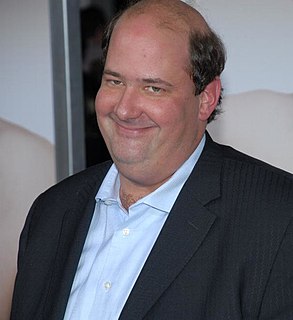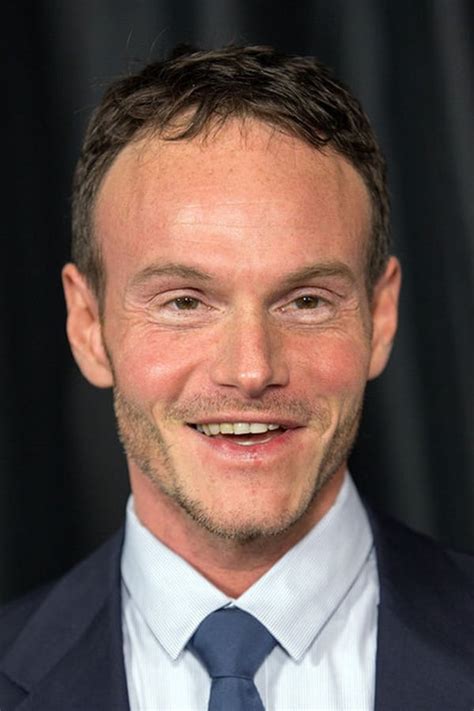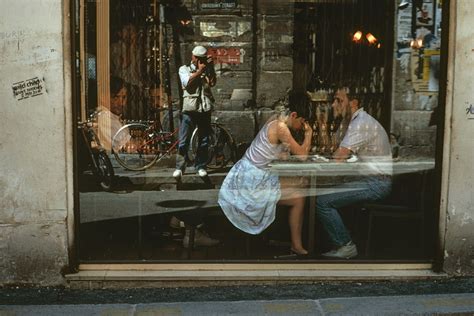A Quote by Susan Sontag
Our very sense of situation is now articulated by the camera's interventions. The omnipresence of cameras persuasively suggests that time consists of interesting events, events worth photographing. This, in turn, makes it easy to feel that any event, once underway, and whatever its moral character, should be allowed to complete itself - so that something else can be brought into the world, the photograph.
Related Quotes
This is not remarkable, for, as we know, reality is not a function of the event as event, but of the relationship of that event to past, and future, events. We seem here to have a paradox: that the reality of an event, which is not real in itself, arises from the other events which, likewise, in themselves are not real. But this only affirms what we must affirm: that direction is all. And only as we realize this do we live, for our own identity is dependent upon this principal.
There is a sequence of events in our lives and so there's a temporal aspect to our experience that brings by itself, sense into the story. In other words, you were not walking before you were born and you were not doing X and Y before you did something else first. So there's a sequencing of events that imposes a certain structure to the story.
News has a way of distancing us from events, even as it informs us about them. News articles almost always present both the event and the responses at the same time - how is President Barack Obama or Congress responding to the events? I think this reflects a deep need we have to feel that things are under control and that events are subject to our influence.
So in terms of a large part of the job on our show specifically, what makes the show complex and interesting and funnier are the conversations about "Where's the camera?" and "How aware are the characters of the camera? Are the cameras hidden for this shot? Is it a spy shot from far away? Or is it really close and in their face, and they sort of have to play to it in an embarrassing situation?" There's a whole other level of questions and choices that come into play on our show that are not even a factor in anything else.
It seems to me that every phenomenon, every fact, itself is the really interesting object. Whoever explains it, or connects it with other events, usually only amuses himself or makes sport of us, as, for instance, the naturalist or historian. But a single action or event is interesting, not because it is explainable, but because it is true.
[Cameras] tend to turn people into things and the photograph extends and multiplies the human image to the proportions of mass-produced merchandise and, [in the age of photography] the world itself becomes a sort of museum of objects that have been encountered before in some other museum and to say that the camera cannot lie is merely to underline the multiple deceits that are now practiced in its name.
In historic events, the so-called great men are labels giving names to events, and like labels they have but the smallest connection with the event itself. Every act of theirs, which appears to them an act of their own will, is in an historical sense involuntary and is related to the whole course of history and predestined from eternity.
How foolish of me to believe that it would be that easy. I had confused the appearance of trees and automobiles, and people with a reality itself, and believed that a photograph of these appearances to be a photograph of it. It is a melancholy truth that I will never be able to photograph it and can only fail. I am a reflection photographing other reflections within a reflection. To photograph reality is to photograph nothing.



































